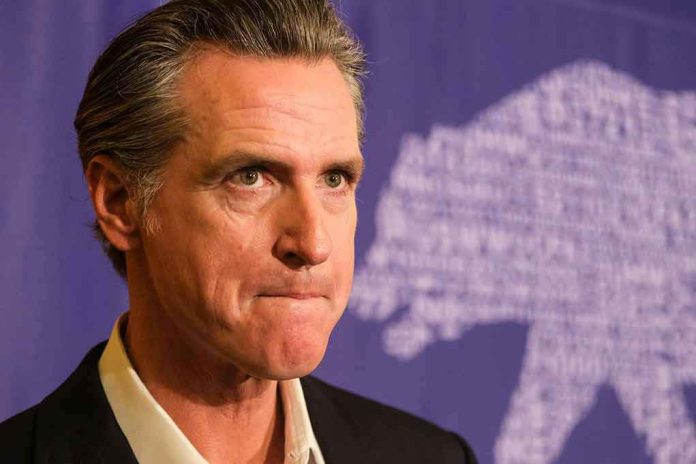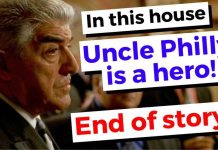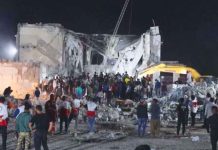
Governor Gavin Newsom’s rhetoric is under scrutiny for potentially escalating political tensions following the tragic murder of conservative activist Charlie Kirk.
Story Highlights
- Governor Newsom’s rhetoric is under fire after the murder of Charlie Kirk.
- Critics claim his statements may intensify political tensions and violence.
- Newsom emphasizes the importance of civil discourse and condemns violence.
- Ongoing debates about the responsibility of public officials in political discourse.
Newsom’s Rhetoric Under Fire
Following the murder of conservative activist Charlie Kirk on September 10, 2025, in Utah, California Governor Gavin Newsom’s public statements have sparked a contentious debate. Critics argue that Newsom’s rhetoric, while condemning violence and advocating for civil discourse, may inadvertently contribute to heightened political tensions. This concern arises in a climate where political violence has become a pressing issue, with many questioning the role of political leaders in shaping the tone of public dialogue.
Despite the governor’s calls for calm, some suggest that his broader discourse could inadvertently fuel polarization and hostility. This ongoing debate underscores the complex dynamics between political rhetoric and its real-world consequences. Newsom’s detractors point to his influential position and the potential impact of his words, while his supporters emphasize his consistent stance against violence.
Impact of Political Rhetoric
Political rhetoric has been increasingly scrutinized in the United States, especially given the rise in politically motivated violence. Historical precedents, such as the January 6 Capitol riot, highlight how inflammatory language can exacerbate tensions. Experts argue that while Newsom’s intentions may be to promote civil discourse, the broader implications of his rhetoric need careful consideration. The balance between free speech and responsible communication is at the heart of this discourse, emphasizing the delicate nature of political leadership.
The ongoing investigation into Kirk’s murder adds complexity to the situation, with media outlets and commentators playing a crucial role in interpreting Newsom’s statements. The public’s perception of political leaders is significantly influenced by how their words are framed by the media, illustrating the power dynamics at play. As discussions continue, the focus remains on how political figures can contribute to de-escalating tensions while upholding their commitment to free speech.
Long-term Implications
The long-term implications of this situation are significant. If political rhetoric remains confrontational, the risk of further polarization and incidents of violence increases. This scenario underscores the need for political leaders to model civil discourse and actively work towards reducing tensions. The broader societal impact includes erosion of trust in civil discourse, increased fear and anxiety, and potential economic repercussions through increased security costs and reduced civic engagement.
Newsom’s rhetoric and its implications serve as a reminder of the critical role political leaders play in shaping public discourse. As debates continue, the need for responsible communication and leadership becomes ever more apparent in maintaining the fabric of society.
Sources:
Governor Newsom Statement on the Murder of Charlie Kirk
The Aggregate Costs of Cheap Rhetoric
Gov. Newsom Responds to Question About Political Violence


